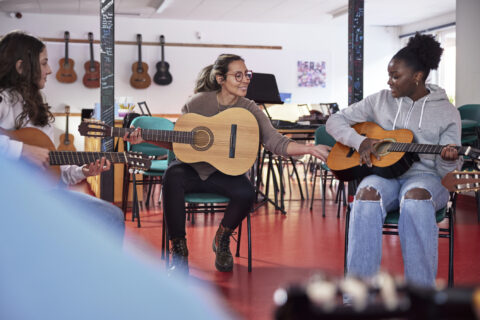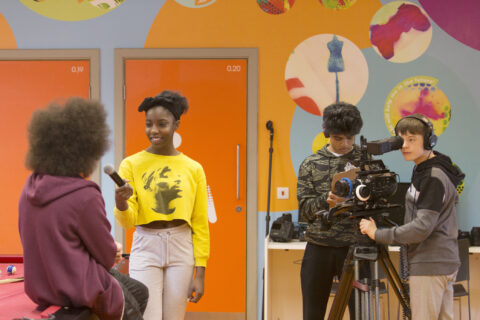School may still be in session, but it’s never too early to begin thinking about summer learning programs. Research shows that high-quality summer youth programs help prevent learning loss and keep kids engaged during their break from school. And a new study from the National Summer Learning Association and AASA, The School Superintendents Association, indicates that superintendents overwhelmingly support summer learning programs and say they help to reach their districts’ goals.
Cities have a big role to play in making these programs successful. Below, explore some ways that municipalities can support summer learning.
1. Provide Funding and Run Programs
Some cities run summer learning programs through their parks, libraries or community centers. Others support local programs by offering funding. Grants and government funds can help cities invest in summer learning.
2. Build Strong Community Networks
Cities can bring together different organizations to create a community-wide plan for summer learning. A steering committee can help coordinate efforts, make sure all kids have access and improve programs based on research.
3. Use Federal and State Funding
There are many federal and state funding opportunities for summer learning. While applying for these funds can be competitive, cities can work with grant writers and local organizations to secure the money needed to expand programs.
4. Partner with Schools and Community Groups
Collaboration between school districts and community groups can make summer programs stronger. Sharing resources like staff, buildings and learning materials can improve the quality and reach of these programs.
5. Encourage Regular Attendance
Cities can use marketing and community outreach to remind families about the importance of attending summer programs. Messages that highlight routine, social connections and fun activities can help keep attendance high.
6. Invest in Infrastructure
Having enough space for summer programs is important. Some cities have expanded buildings or renovated facilities to accommodate more students. Investing in program spaces ensures more kids can participate.
For more information on supporting summer programs, the Wallace Foundation’s Summer Learning Toolkit offers valuable resources and guidance, in addition to resources and reports from the National Summer Learning Association.
City Hall’s Role in Afterschool & Summer Learning
NLC has more than two decades of experience and knowledge working with cities and municipal leaders to help strengthen local efforts to create, expand and improve afterschool and summer learning opportunities. Explore the resources and tools available to support these vital programs in your community.








